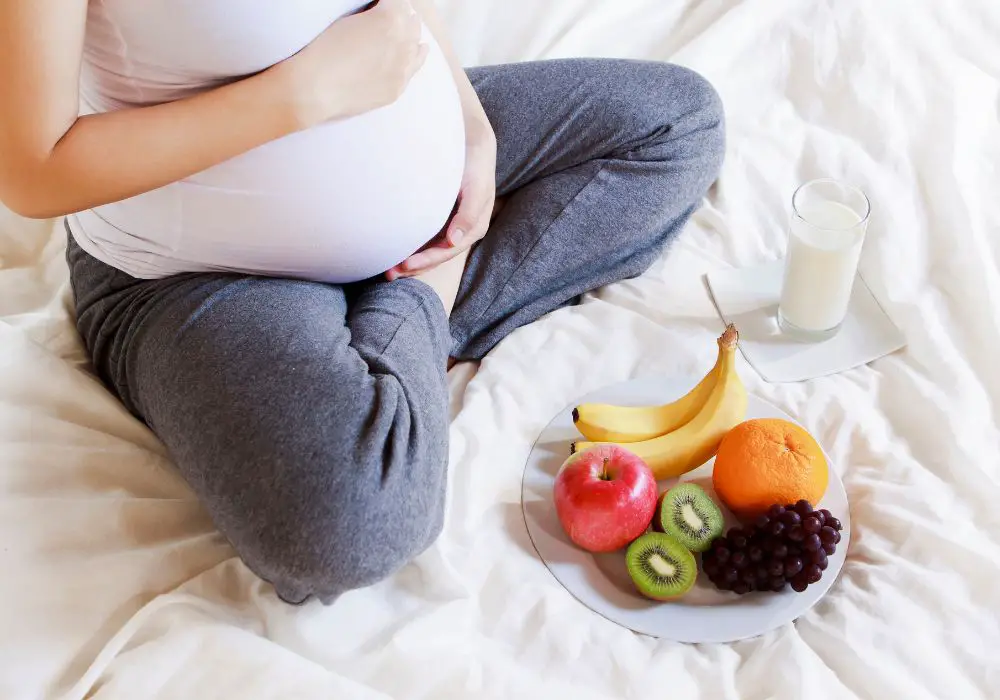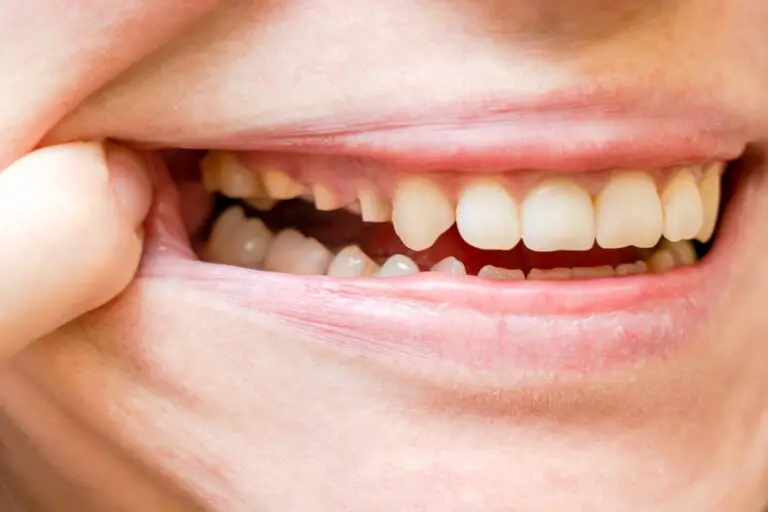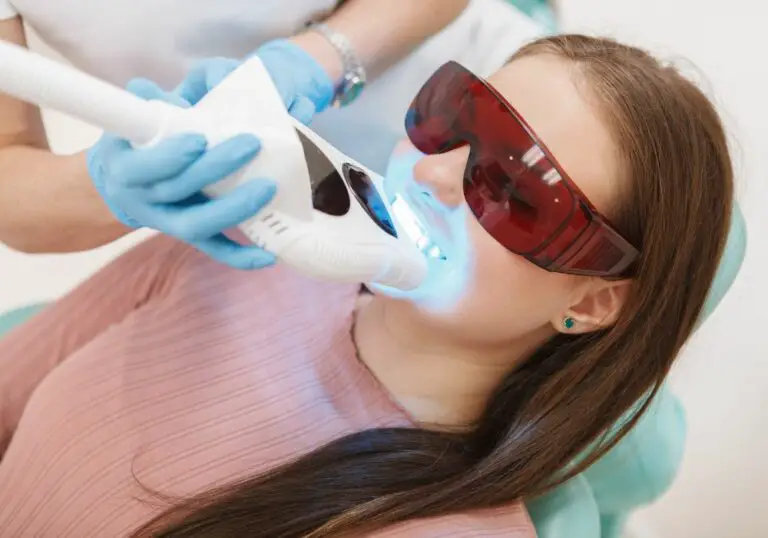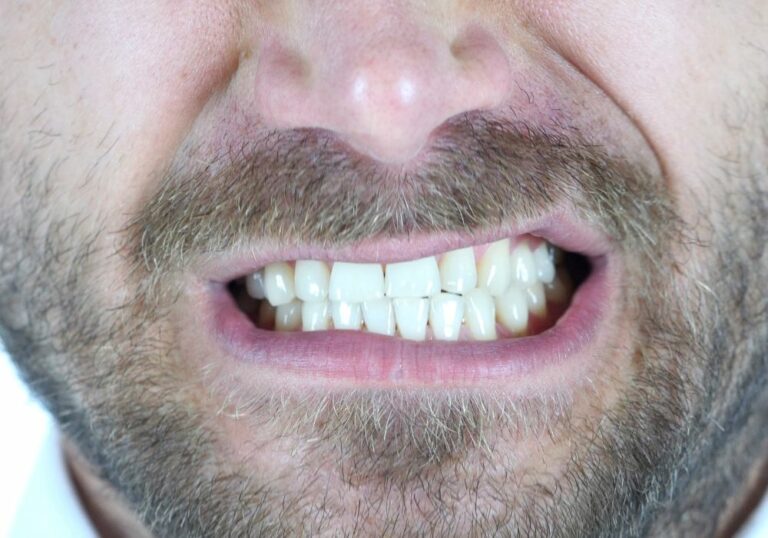Pregnancy is a time of many changes, and oral health is no exception. While it’s important to maintain good dental hygiene during pregnancy, many women wonder if it’s safe to get their teeth cleaned or undergo other dental procedures while pregnant. There are several common misconceptions about dental care during pregnancy that can cause confusion and anxiety for expectant mothers.
Understanding the relationship between pregnancy and oral health is key to making informed decisions about dental care. Research has shown that poor oral health during pregnancy can increase the risk of complications like preterm birth and low birth weight. However, many women are hesitant to seek dental care during pregnancy due to concerns about the safety of certain procedures and medications.
Despite these concerns, there are safe and effective ways to maintain good oral health during pregnancy. By working with a knowledgeable dentist and taking proper precautions, expectant mothers can protect their own health as well as the health of their developing baby.
Common Misconceptions About Dental Procedures During Pregnancy

Myth 1: Dental Procedures Can Harm the Baby
Many pregnant women avoid dental procedures because they believe that any dental work could harm their baby. However, this is a common misconception. In fact, the American Dental Association (ADA) recommends that pregnant women continue to receive routine dental care, including cleanings and exams.
Preventive dental cleanings and exams during pregnancy are not only safe but are also recommended. The rise in hormone levels during pregnancy causes the gums to swell, bleed, and trap food, causing increased irritation to your gums. This can lead to gum disease, which has been linked to preterm birth and low birth weight. Therefore, it is important to maintain good oral health during pregnancy.
Myth 2: Pregnant Women Should Avoid X-Rays
Another common misconception is that pregnant women should avoid X-rays at all costs. While it is true that excessive exposure to radiation can be harmful to the developing fetus, the amount of radiation from dental X-rays is extremely low. According to the ADA, dental X-rays are safe during pregnancy, as long as the proper precautions are taken.
If you need dental X-rays during pregnancy, your dentist will take steps to minimize your exposure to radiation. For example, you will wear a lead apron to shield your abdomen and thyroid from the X-rays. Your dentist will also use the lowest possible dose of radiation necessary to obtain the diagnostic information needed.
In summary, pregnant women can and should receive routine dental care, including cleanings and exams, during pregnancy. Dental X-rays are also safe during pregnancy when the proper precautions are taken. It is important to maintain good oral health during pregnancy to reduce the risk of complications.
Understanding Pregnancy and Oral Health
Hormonal Changes and Oral Health
During pregnancy, hormonal changes can affect the body in many ways. One of the areas that can be impacted is oral health. The increase in hormones can cause the gums to become more sensitive, swollen, and bleed more easily. This condition is known as pregnancy gingivitis and affects up to 70% of pregnant women.
Pregnancy gingivitis usually occurs between the second and eighth month of pregnancy. It is important to maintain good oral hygiene during this time to prevent the condition from worsening. Brushing twice a day, flossing daily, and using an antiseptic mouthwash can help keep the gums healthy.
Increased Risk of Dental Problems
Pregnant women may also be at increased risk of dental problems such as cavities and tooth decay. This is due to changes in behaviors, such as eating habits. Women who have a lot of cavity-causing bacteria during pregnancy and after delivery could transmit these bacteria from their mouth to the mouth of their baby. Early contact with these bacteria and to other sugars, such as from frequent snacking, can lead to tooth decay in infants.
It is essential to maintain good oral health during pregnancy to prevent dental problems. Regular dental checkups and cleanings are safe during pregnancy and are recommended to maintain oral health. Many medications, including some antibiotics and local anesthetics, can be safely used during pregnancy. X-rays are also considered safe when a protective cover is used over the abdomen and throat.
In summary, hormonal changes during pregnancy can affect oral health, leading to pregnancy gingivitis. Pregnant women are also at an increased risk of dental problems such as cavities and tooth decay. Maintaining good oral hygiene and regular dental checkups and cleanings can help prevent these conditions.
The Importance of Dental Hygiene During Pregnancy

Maintaining good oral hygiene is crucial during pregnancy. Poor oral health during pregnancy can lead to various health issues for both the mother and the baby. Here are some reasons why dental hygiene is important during pregnancy:
- Hormonal changes during pregnancy can lead to an increased risk of gum disease and tooth decay. It is essential to brush and floss regularly to prevent these issues.
- Gum disease during pregnancy has been linked to preterm birth and low birth weight. Therefore, it is vital to maintain good oral hygiene to reduce the risk of these complications.
- Morning sickness can cause vomiting, which can lead to erosion of tooth enamel. It is essential to rinse your mouth with water or a fluoride mouthwash after vomiting to prevent acid from damaging your teeth.
- Some dental procedures, such as teeth cleaning and cavity fillings, are safe during pregnancy. It is important to inform your dentist that you are pregnant and to avoid unnecessary X-rays.
In summary, maintaining good oral hygiene during pregnancy is crucial for the health of both the mother and the baby. Regular brushing and flossing, along with dental check-ups, can help prevent gum disease, tooth decay, and other oral health issues.
Risks of Not Getting Dental Care While Pregnant
Gum Disease and Pregnancy Complications
Neglecting dental care during pregnancy can lead to gum disease, which can cause a host of complications for both the mother and the baby. Studies have linked periodontal disease to intrauterine growth restriction, which can result in a smaller-than-average baby. Additionally, preeclampsia, a condition characterized by high blood pressure and damage to organs, is more common in pregnant women with gum disease.
The rise in hormone levels during pregnancy can cause the gums to swell, bleed, and trap food, which can lead to gum disease. Preventive dental work, such as regular cleanings and checkups, can help avoid oral infections and gum disease.
Tooth Decay and Pregnancy
Pregnant women are at an increased risk of tooth decay due to changes in their diet and hormonal fluctuations. Morning sickness can lead to vomiting, which can erode tooth enamel, and cravings for sugary foods can contribute to tooth decay. Untreated tooth decay can lead to infection, which can spread to other parts of the body and potentially harm the developing fetus.
Delaying dental treatment during pregnancy can lead to more significant dental problems down the road, which can be more difficult and expensive to treat. It is essential to maintain good oral hygiene and seek regular dental care during pregnancy to avoid complications for both the mother and the baby.
In summary, neglecting dental care during pregnancy can lead to gum disease, tooth decay, and other complications that can harm both the mother and the baby. Seeking preventive dental care, such as regular cleanings and checkups, can help avoid these issues and promote a healthy pregnancy.
Safe Dental Procedures During Pregnancy

Routine Dental Cleaning
Routine dental cleaning is safe during pregnancy and is actually recommended. Pregnant women are more susceptible to gum disease due to hormonal changes, so it is important to maintain good oral hygiene. Dental cleanings can help prevent gum disease and other oral health problems.
Dental Fillings and Crowns
Dental fillings and crowns can also be done during pregnancy. It is best to avoid any unnecessary dental work during the first trimester, but if a filling or crown is necessary, it can be done safely during the second trimester. Local anesthesia with epinephrine can be used during pregnancy, but it is important to inform your dentist that you are pregnant.
Root Canal Treatment
Root canal treatment can also be done during pregnancy if necessary. It is best to avoid any unnecessary dental work during the first trimester, but if a root canal is necessary, it can be done safely during the second trimester. Local anesthesia with epinephrine can be used during pregnancy, but it is important to inform your dentist that you are pregnant.
Overall, it is important to maintain good oral hygiene during pregnancy and to continue to see your dentist for routine dental cleanings and check-ups. If you need dental work done during pregnancy, it is important to inform your dentist that you are pregnant so that they can take any necessary precautions.
Frequently Asked Questions
Is it safe to go to the dentist in early pregnancy?
Yes, it is safe to visit the dentist during early pregnancy. In fact, it is recommended to have regular dental checkups, cleanings, and any necessary treatments during pregnancy.
Can you get fluoride at the dentist while pregnant?
Yes, you can get fluoride at the dentist while pregnant. Fluoride treatments are safe during pregnancy and can help prevent tooth decay.
Is dental anesthesia safe during pregnancy?
Most dental procedures, including local anesthesia, are safe during pregnancy. However, it is important to let your dentist know that you are pregnant so they can take extra precautions if necessary.
When can I go to the dentist after giving birth?
You can go to the dentist as soon as you feel comfortable after giving birth. However, it is recommended to wait until after the first trimester if you had a complicated pregnancy or delivery.
What dental work can you not get done while pregnant?
Some dental procedures, such as teeth whitening and non-emergency procedures that require general anesthesia, should be postponed until after giving birth. However, most dental procedures, including fillings and root canals, can be done safely during pregnancy.
Do I need to tell my dentist I’m pregnant?
Yes, it is important to tell your dentist that you are pregnant. They can take extra precautions to ensure your safety and the safety of your baby during dental procedures.







